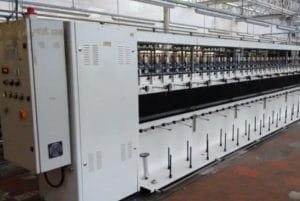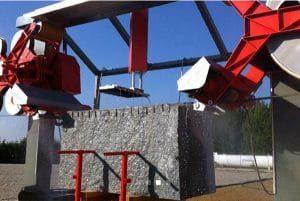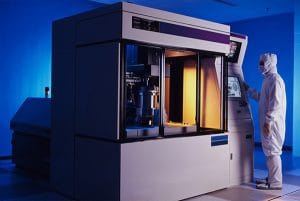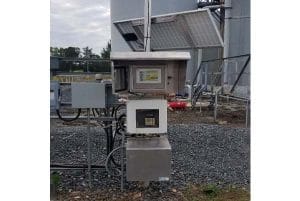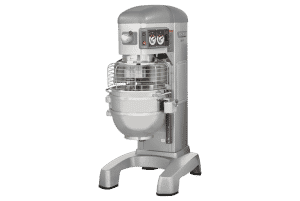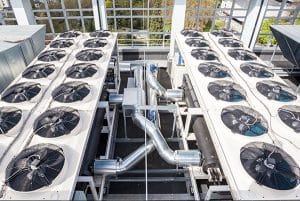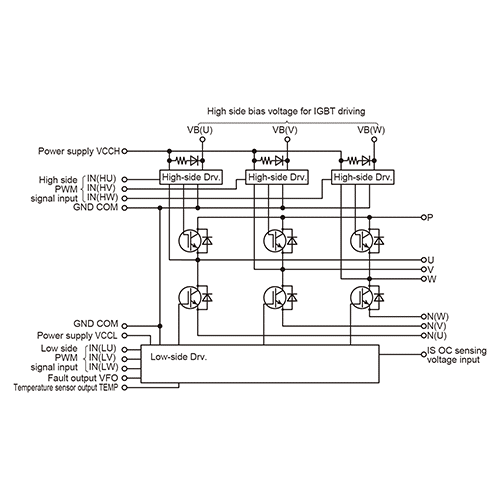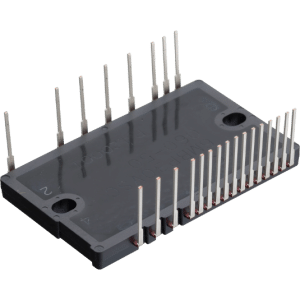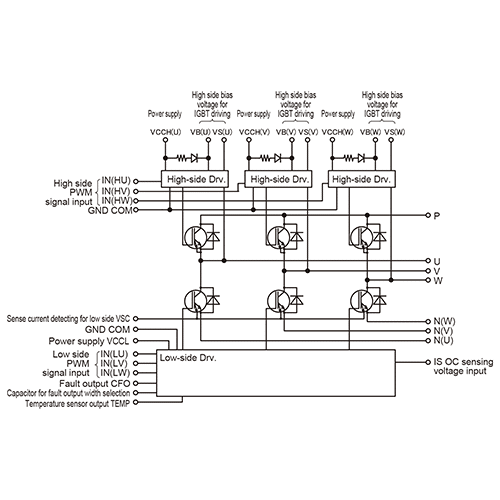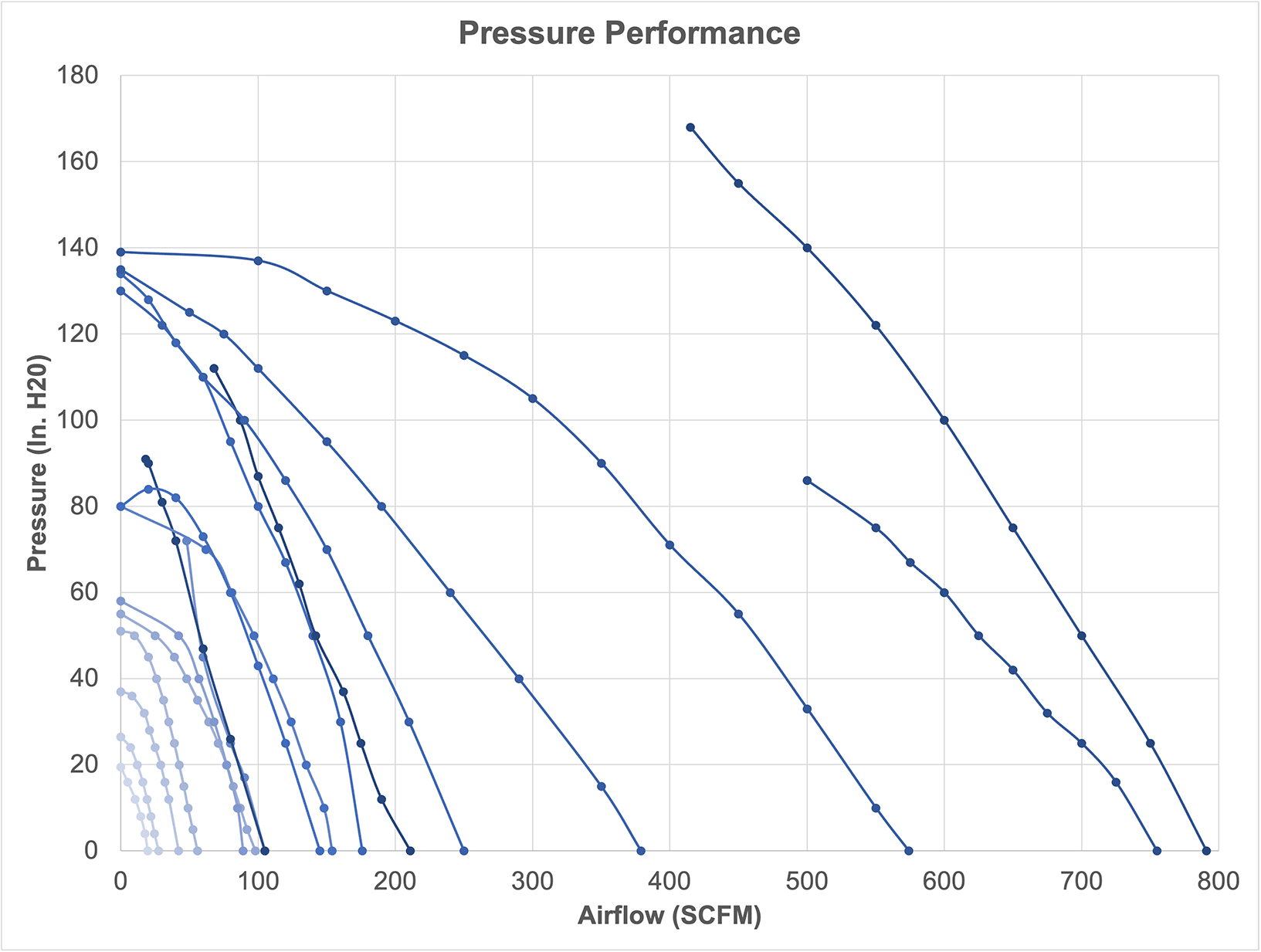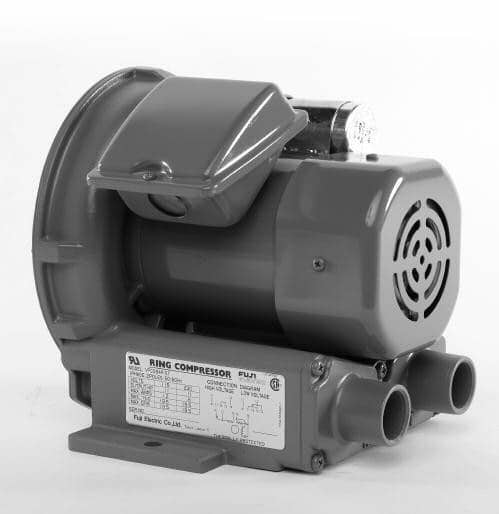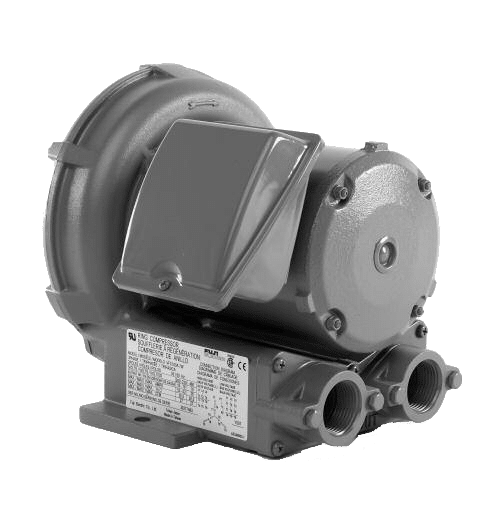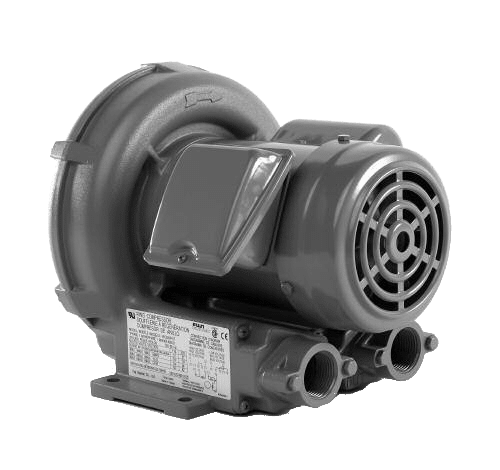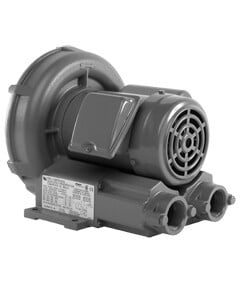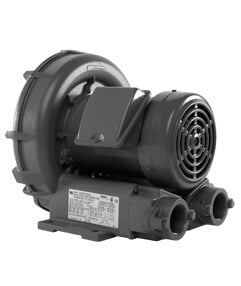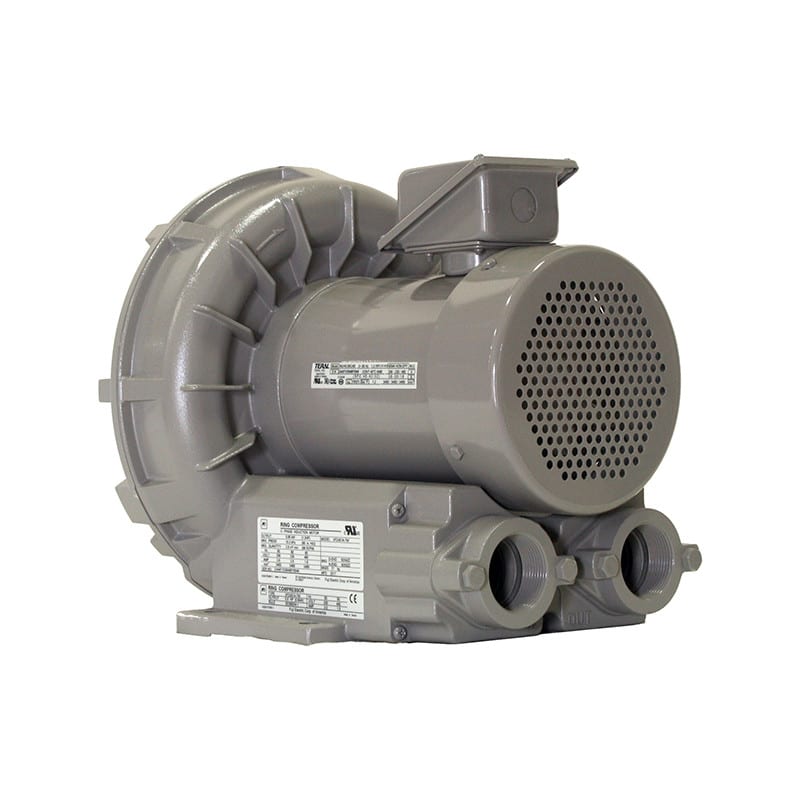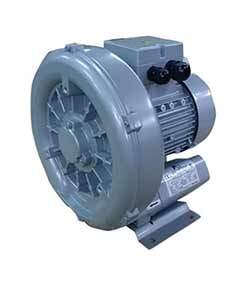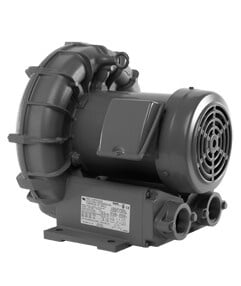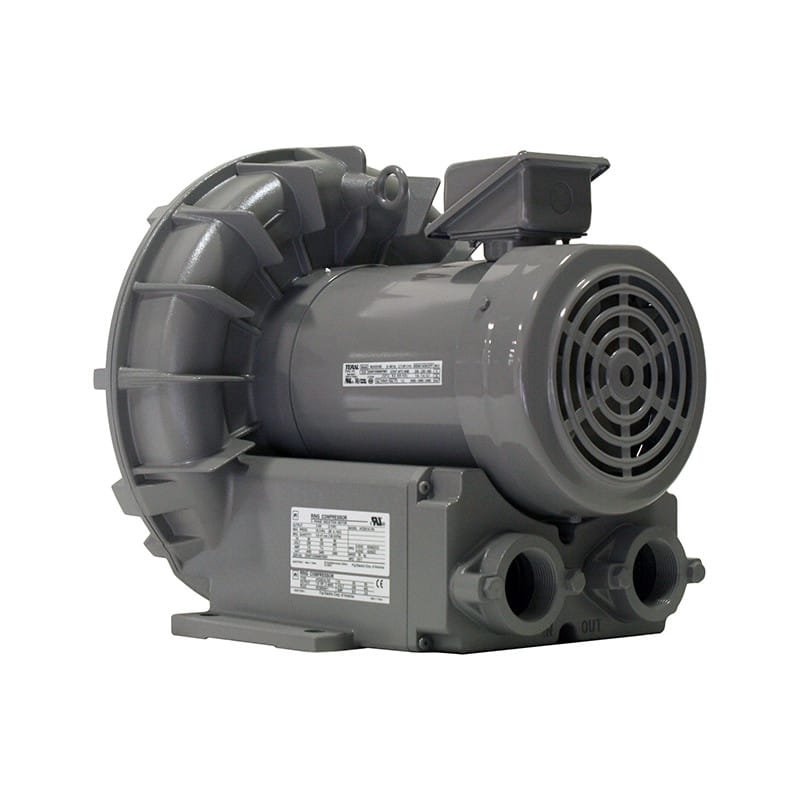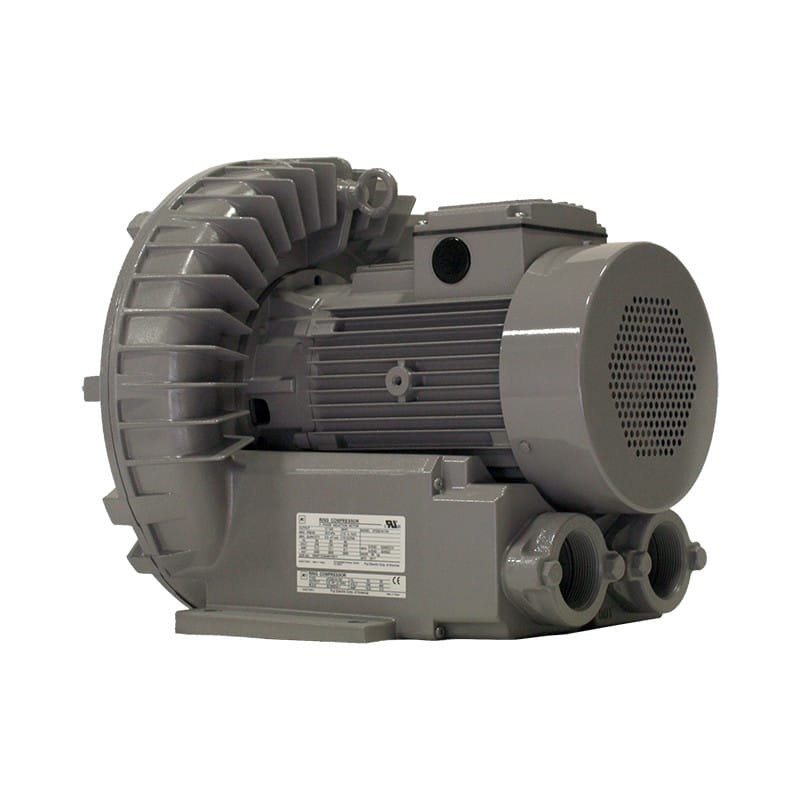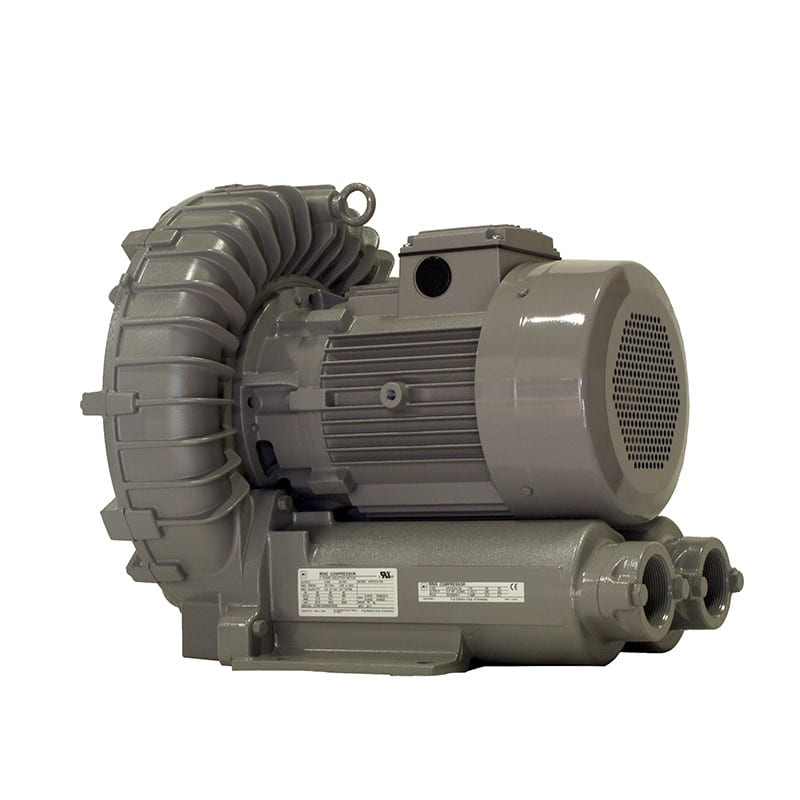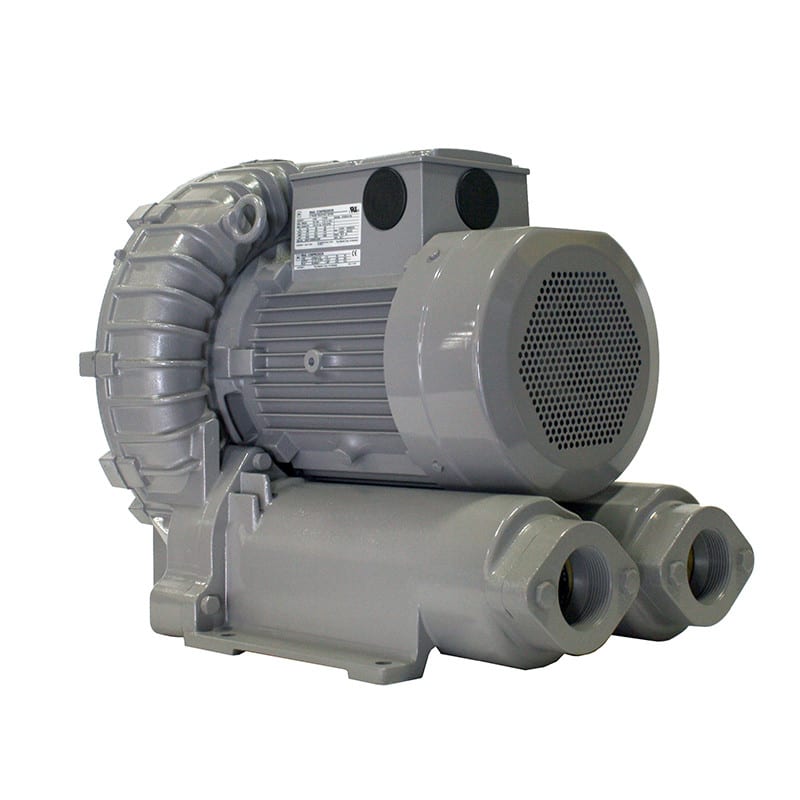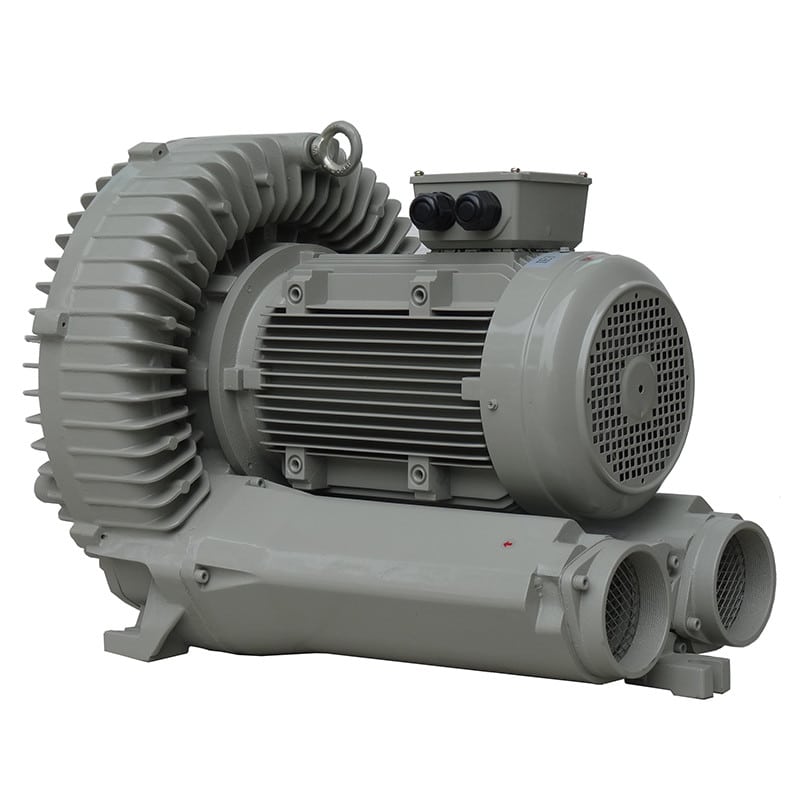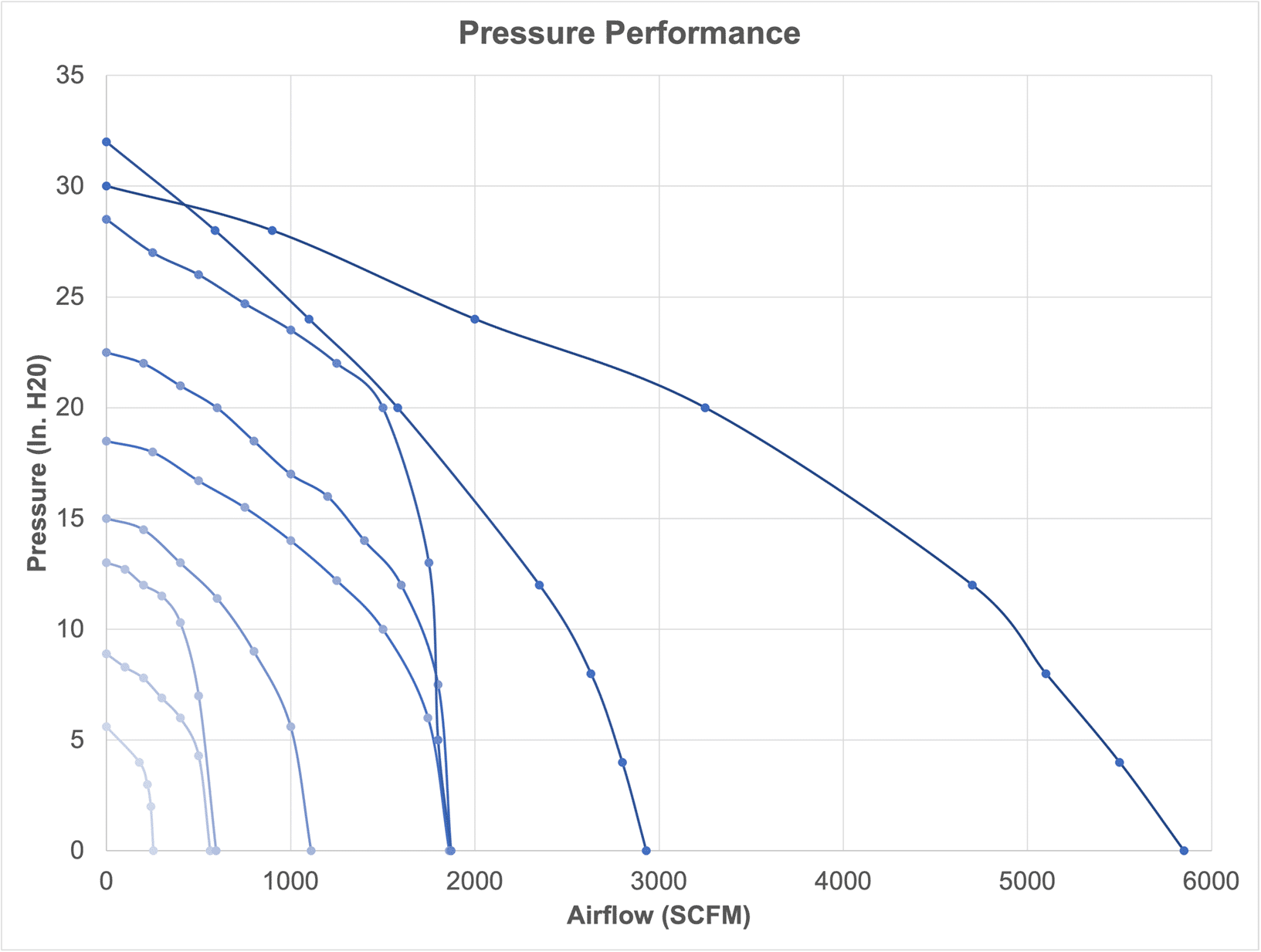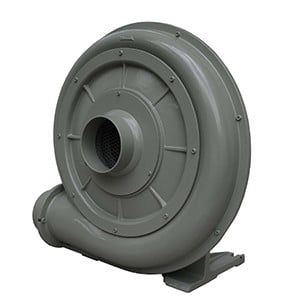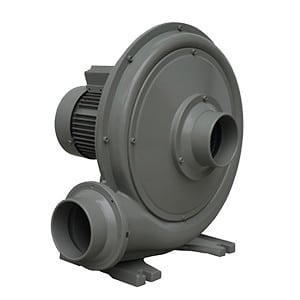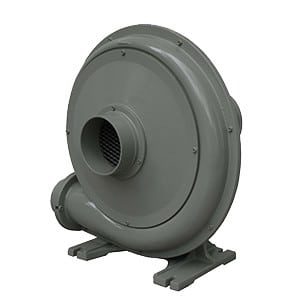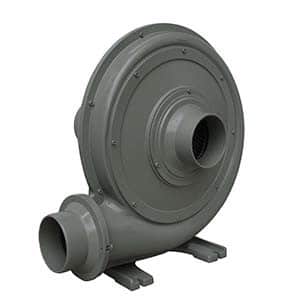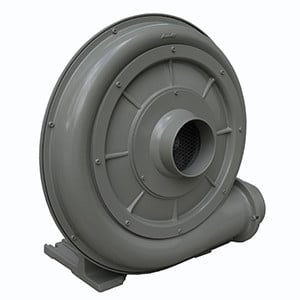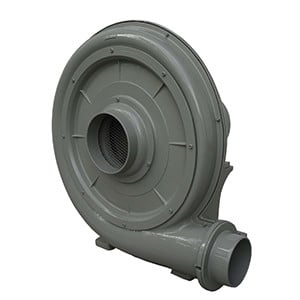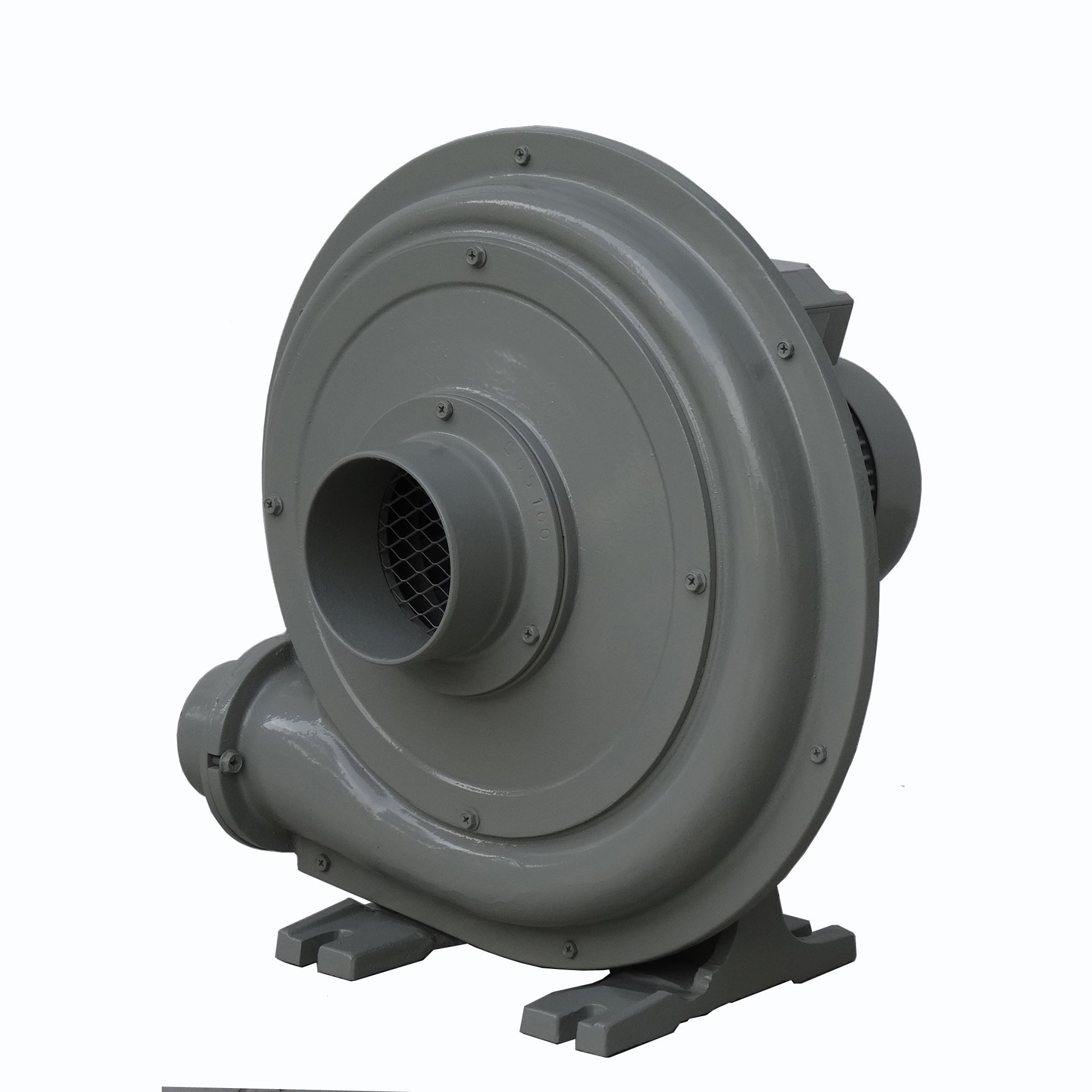A hybrid SiC (Silicon Carbide) module refers to a power module that incorporates both SiC and other semiconductor materials, often silicon (Si). This combination leverages the strengths of SiC while mitigating potential drawbacks or cost considerations. 
Here are several benefits associated with hybrid SiC modules:
- Enhanced Efficiency:
- SiC devices are known for their superior material properties, including a wide bandgap, which results in lower conduction and switching losses. Incorporating SiC components in a hybrid module can enhance overall efficiency, especially in high-frequency and high-temperature applications.
- Improved Thermal Performance:
- SiC has better thermal conductivity compared to silicon, leading to improved thermal performance in power modules. The hybrid approach allows for optimized thermal management, combining the benefits of both materials to handle high-power densities more effectively.
- Optimized Cost:
- While SiC devices can offer superior performance, they can be more expensive than traditional silicon devices. A hybrid SiC module allows designers to achieve a balance between performance and cost by strategically using SiC where it provides the most benefit and using silicon for less critical parts of the circuit.
- Compatibility with Existing Designs:
- Hybrid SiC modules can be designed to be compatible with existing systems and infrastructure. This allows for easier integration into current applications without requiring a complete redesign of the entire system.
- Flexibility in Design:
- Designers have the flexibility to choose where to implement SiC components based on the specific requirements of the application. This adaptability allows for customization and optimization for different parts of the power electronic circuit.
- Reduced Switching Losses:
- SiC devices have faster switching speeds compared to traditional silicon devices. Hybrid SiC modules can capitalize on this advantage to reduce switching losses, leading to increased overall system efficiency.
- Higher Temperature Operation:
- SiC devices can operate at higher temperatures compared to silicon devices. Hybrid SiC modules benefit from this characteristic, enabling applications in harsh environments or those that require high-temperature operation.
- High-Frequency Operation:
- The fast switching speeds and low losses of SiC devices make hybrid SiC modules well-suited for high-frequency power electronic applications. This can be advantageous in areas such as power supplies, converters, and motor drives.
- Compact Size and Weight:
- The improved performance and efficiency of SiC devices allow for the design of smaller and lighter power electronic systems. Hybrid SiC modules contribute to reducing the size and weight of the overall system.
- Reliability and Longevity:
- SiC devices often exhibit improved reliability and longevity due to their robust material properties. This can lead to longer lifespan and reduced maintenance requirements in certain applications.
While hybrid SiC modules offer various benefits, the specific advantages will depend on the application requirements and the way in which SiC is integrated into the overall power module design. Designers need to carefully consider factors such as cost, efficiency, thermal performance, and compatibility with existing systems when choosing between hybrid SiC and other power module options.





